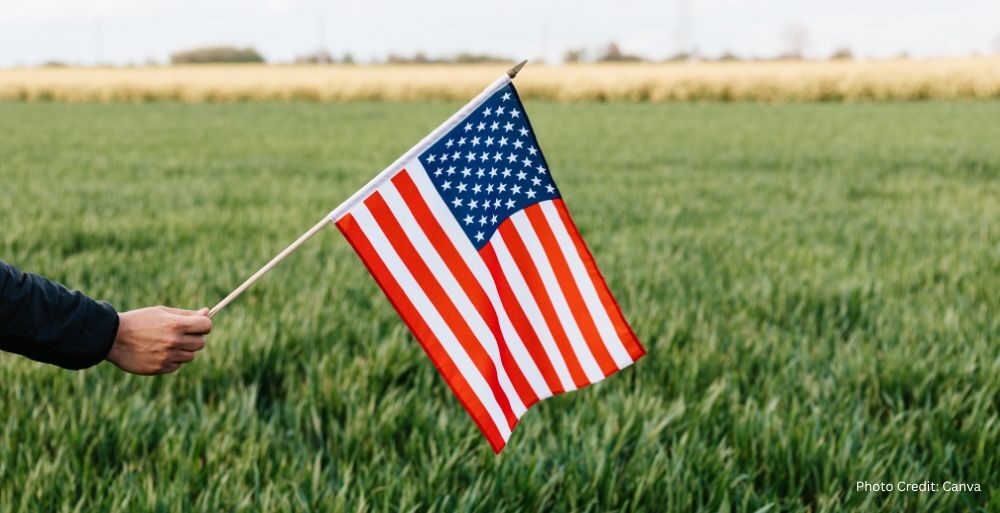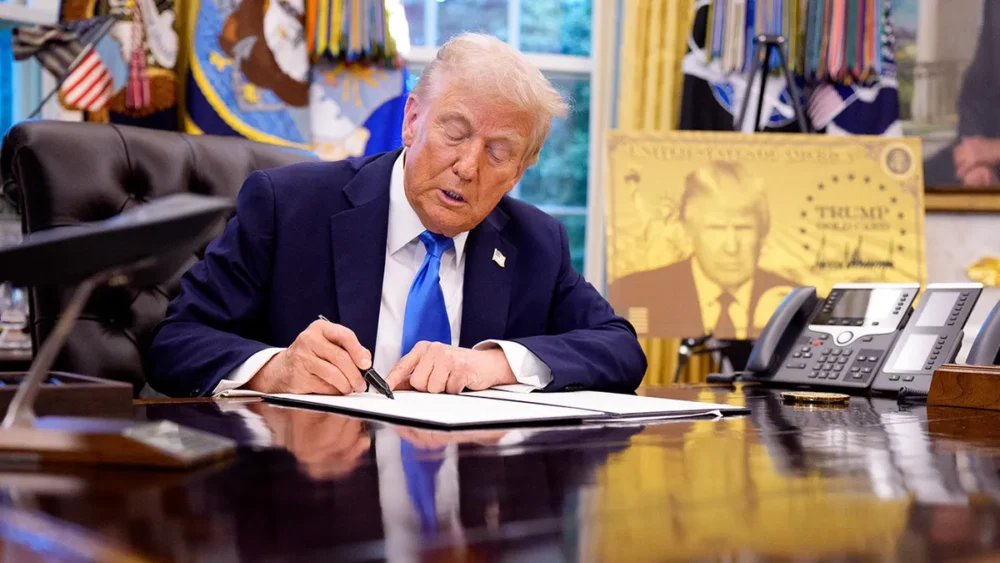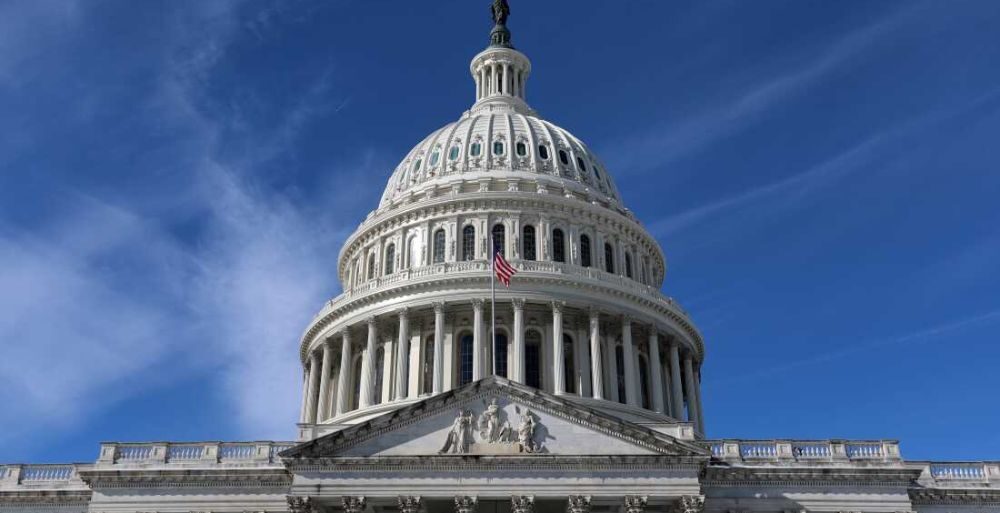The Trump administration has introduced a major change to U.S. immigration policy, imposing a $100,000 annual fee on H-1B visas. This measure, formalized via presidential proclamation, is aimed at tightening the rules around skilled foreign workers. Alongside the fee, a new “Gold Card” visa offering a path to citizenship for wealthy individuals was announced. These steps are part of broader efforts to reduce legal immigration while emphasizing domestic employment.
H-1B visas allow U.S. companies to hire foreign professionals in fields such as technology, engineering, and medicine. Under the new policy, companies seeking these visas will face much higher costs, which may discourage hiring foreign workers at lower salary levels. Critics warn that this could hinder innovation and competitiveness, especially in the tech sector where foreign talent plays a crucial role.
In addition, the administration plans to revise prevailing wage rules, pushing them upward so that employers pay more fairly. There are also concerns over whether the fee increase has proper legal backing from Congress. Some fear the policy could lead to outsourcing or offshoring of work, while others believe it prioritizes American worker interests.















